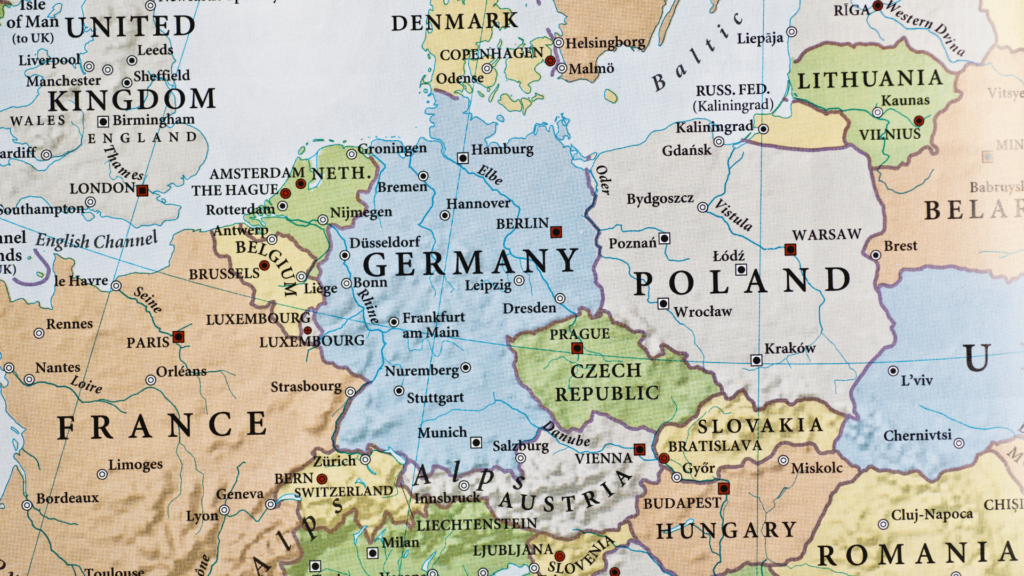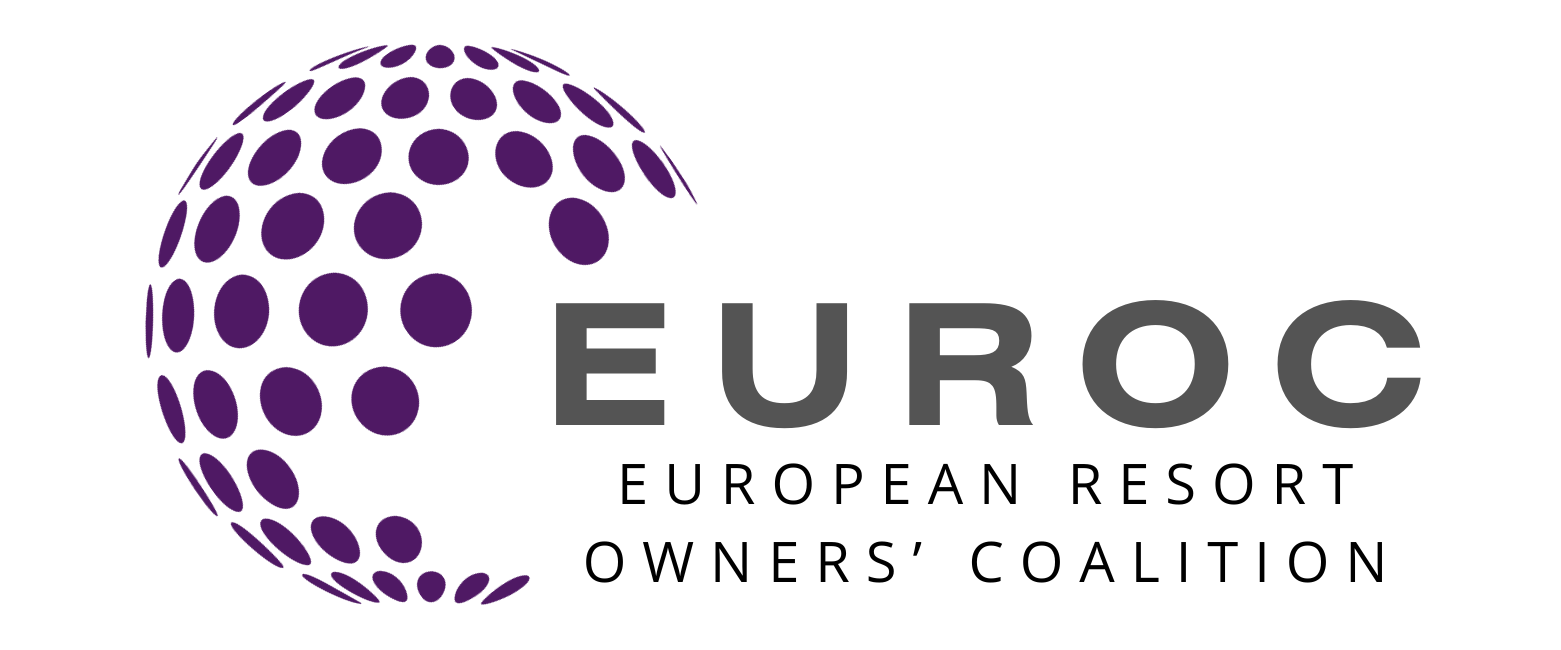
The world of direct marketing, particularly cold calling, is on the brink of a monumental shift. A landmark piece of legislation, the Digital Markets, Competition and Consumers Act 2024 (DMCC Act), came into force in April 2025, signalling a new era of consumer protection and significantly empowering the Competition and Markets Authority (CMA) with unprecedented enforcement capabilities. This article will delve into what these changes mean for businesses engaged in direct marketing and how the DMCC Act fundamentally differs from previous legislation.
A Sharper Focus on Unfair Commercial Practices (UCPs)
The DMCC Act builds upon and updates the Consumer Protection from Unfair Trading Regulations 2008 (CPRs), reinforcing the prohibition of “unfair commercial practices.” For cold callers, this translates into a much stricter environment.
Aggressive Practices Under Scrutiny
Cold calling that is persistent, harassing, or designed to exert undue pressure on consumers now explicitly falls under the definition of “aggressive practices.” The Act specifically singles out “making unwanted and persistent marketing calls” as a banned unfair practice, leaving no room for ambiguity. This is a crucial clarification, directly addressing a common consumer complaint.
Cracking Down on Misleading Information
Any instance where cold callers provide false or deceptive information or deliberately omit crucial details that could influence a consumer’s decision (such as pricing, product features, or company credentials) will be deemed a misleading action or omission – a prohibited unfair commercial practice. This strengthens the existing provisions by providing clearer definitions and a stronger legal basis for enforcement.
Protecting Vulnerable Consumers
The DMCC Act places a strong emphasis on safeguarding “vulnerable consumers.” If cold callers are found to be targeting or exploiting individuals who are particularly susceptible due to factors like age, physical or mental health, or challenging life situations, the severity of the unfair practice will be amplified, leading to more stringent penalties. This is a significant enhancement, offering an additional layer of protection for those most at risk.
The CMA's New and Enhanced Enforcement Powers
Perhaps the most impactful aspect of the DMCC Act for direct marketers is the dramatic expansion of the CMA’s enforcement capabilities. This represents a significant departure from previous legislation, where the CMA’s powers were more limited and often required court intervention.
Direct Fining Powers Will Be a Game Changer
The CMA now possesses the direct authority to impose substantial financial penalties on businesses that breach consumer law, including those related to unfair trading, without the prior requirement of a court order. This is a major shift, making enforcement much more efficient and immediate. These fines can be crippling, reaching up to 10% of a company’s global annual turnover or £300,000 for consumer protection violations. Furthermore, penalties for administrative breaches (e.g., non-compliance with CMA directions) and investigatory breaches (e.g., providing false or misleading information) have also been introduced.
Strengthened Investigatory Power: The CMA’s ability to request information and conduct investigations into suspected breaches has been significantly bolstered. Businesses failing to comply with information requests face the prospect of substantial fines, streamlining the investigative process.
Comprehensive Remedies: Beyond fines, the CMA can now impose “enhanced consumer measures.” These may compel businesses to compensate affected consumers, implement improved compliance procedures, or provide clearer and more transparent market information, offering a broader range of remedies than previously available.

Coexisting with Existing Regulations: What's Different?
It is crucial for businesses to understand that while the DMCC Act introduces significant enhancements to consumer protection, it does not supersede existing regulations governing direct marketing. The Privacy and Electronic Communications Regulations (PECR) remain firmly in place. PECR specifically governs unsolicited marketing calls and other electronic communications, generally requiring explicit consent or a ‘soft opt-in’ in most cases, as well as strict adherence to the Telephone Preference Service (TPS).The key difference with the DMCC Act is that it acts as an additional, powerful layer of enforcement. While PECR sets out the rules for how direct marketing can be conducted, the DMCC Act provides the CMA with the teeth to impose significantly stronger penalties for practices that are already deemed unfair or non-compliant under existing legislation. For example, a persistent cold call that violates PECR by not adhering to TPS would now also fall under the DMCC Act’s provisions on aggressive practices, potentially leading to much higher fines imposed directly by the CMA.
The Message is Clear for Cold Callers
The Digital Markets, Competition and Consumers Act 2024 sends an unequivocal message to the direct marketing industry:
- The Act unequivocally reinforces the illegality of aggressive, persistent, or misleading cold calling.
- It empowers the CMA with formidable new tools to investigate and impose heavy fines on businesses (and potentially individuals) found to be engaging in such practices.
- Businesses involved in any form of direct marketing, including cold calling, must urgently review their current practices to ensure full compliance with the DMCC Act’s provisions on unfair commercial practices, in conjunction with existing data protection and privacy regulations.
The overarching aim of the DMCC Act is to foster fair dealing with consumers and to aggressively deter practices that mislead, harass, or exploit them. Cold calling, when conducted without due regard for consumer rights and ethical standards, stands as a prime example of a practice that is now firmly in the crosshairs of this strengthened regulatory framework.
What about the rest of Europe?

Many European countries have specific laws or robust enforcement of the above principles that are particularly relevant to cold calling.
Spain: Spain has recently introduced very stringent measures. From June 7, 2025, commercial calls from mobile numbers or hidden/unassigned numbers are prohibited. Companies must use landlines, 800/900 numbers, or specific codes assigned by operators. Any contract without express and verifiable consent will be considered void, and consent must be renewed every two years. Fines can reach up to €2 million. This is a significant step, moving towards an almost complete “opt-in” model for cold calls.
Germany: Germany has historically had very strict rules, often requiring express prior consent (opt-in) for marketing calls to consumers. The German Act Against Unfair Competition (UWG) reinforces this, deeming unsolicited commercial communications an “unacceptable nuisance” without prior consent. Even for B2B, “presumed consent” needs a very strong basis, often meaning a prior active interest from the recipient in the specific goods or services being offered. The GDPR further solidified this “opt-in” approach.
France: Similar to Germany, France is moving towards a strict opt-in regime for telemarketing to consumers. As of January 1, 2026, prior and explicit consent will be mandatory for most telephone marketing activities. There’s a limited exception for existing contractual relationships, but transparency and consent withdrawal options are key. Fines can reach €375,000 for non-compliance.
Ireland: Ireland generally follows the ePrivacy Regulations, which require consent for unsolicited marketing calls to individuals. There are also national “opt-out” registers similar to the UK’s TPS.
Italy: Italian law generally requires prior consent for telemarketing calls to consumers. There’s a Public Register of Oppositions where consumers can register to avoid unsolicited calls.
Nordic Countries (e.g., Finland, Sweden): These countries often have strong consumer protection and privacy laws. While variations exist, the general trend is towards requiring consent for cold calls, and robust “do not call” registers are common.

Conclusion
The recent introduction of new legislation, granting enhanced powers to enforcement bodies, marks a significant positive step for the timeshare industry in the UK. This strengthened framework will streamline the prosecution of companies found breaching regulations, making it easier to hold unscrupulous operators accountable. While the full extent of enforcement and prosecution against those targeting current and former timeshare owners remains to be seen, this legislation is a clear signal of increased protection for consumers.
Implications for Reputable Timeshare Businesses
It’s crucial for timeshare resorts that continue to offer credible, high-integrity products to pay close attention to these new regulations. Conducting a thorough audit of current sales and marketing practices is essential to ensure full compliance. This new legislation in the UK mirrors similar measures being implemented across other European countries, indicating a broader trend towards greater consumer protection, and this can only be good news for the timeshare sector.




